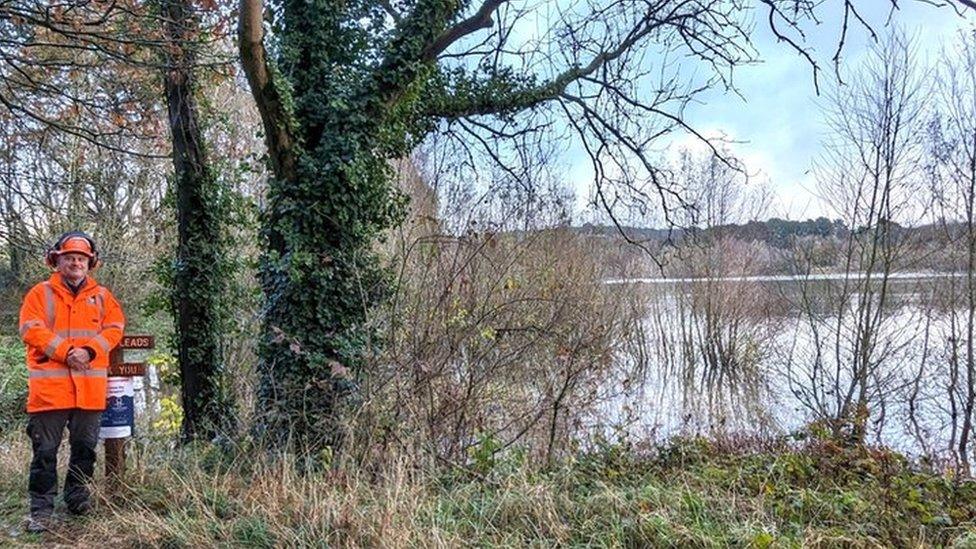Four in five of borough's ash trees could be lost
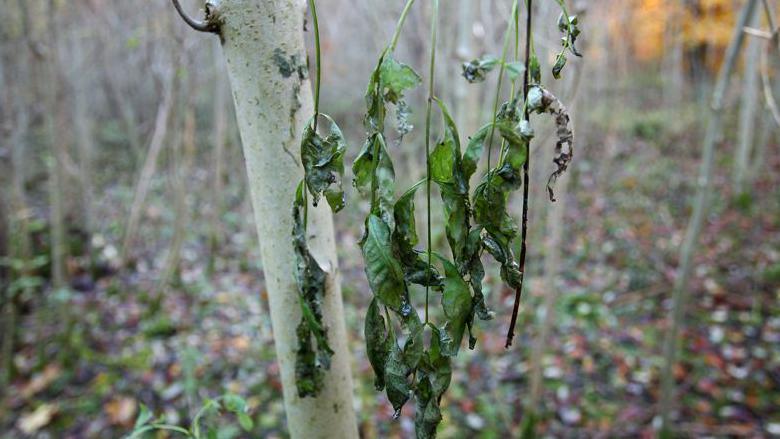
There is currently no cure for or clear method to stop the spread of ash dieback
- Published
Four in five of the ash trees in a borough are at risk of dying from a disease which has been ravaging trees across the country.
Blackburn with Darwen Council bosses said they want to take steps to contain the losses to ash dieback.
They have planned to plant 30,000 new trees, mainly of native varieties, to help replace those lost.
The information forms part of a new strategy, which will be debated by the borough's executive board on Thursday.
A report by the council's executive member for the environment Jim Smith said the Trees and Woodland Strategy was a "key tool" for ensuring trees "flourish" and were "protected" for the future.
It said the council had an obligation to manage green spaces "for the public and future generations" as they helped with carbon sequestration, flood prevention, cooling and shading, and nature conservation.
"Big challenge"
It said the spaces also "sustain and connect wildlife-rich habitat", but warned that ash dieback was a "big challenge" which the borough had worked hard to defend against.
It added that the area could lose 80% of its ash trees if action was not "methodical", as there was currently no cure or clear method to stop the spread of the disease, meaning the aim would be to slow the spread and minimise its impact.
As such, infected trees would be removed and the borough would adopt a "proactive" tree replacement strategy.
The strategy’s objectives also included increasing the coverage of trees, woodland and hedgerows across the borough and ensuring new urban planting covers a variety of locations including highways, residential areas, town centres and open spaces.
The Woodland Trust said ash dieback was a fungus which does not cause much damage on its native hosts, the Manchurian ash and the Chinese ash, but had devastated the European ash since it arrived on the continent about 30 years ago.
It said there was "hope on the horizon" as initial findings estimate that up to 5% of trees may show "reasonable tolerance" to the disease, "but none have been found to display complete resistance".
It added that people could help with the fight against ash dieback by cleaning their shoes "before and after visiting a wood", avoiding taking cuttings or plants from the countryside and washing car and bike wheels "to remove mud or plant matter".
Why not follow BBC Lancashire on Facebook, external, X, external and Instagram, external? You can also send story ideas to lancsnews@bbc.co.uk
Related internet links
- Published3 October 2022
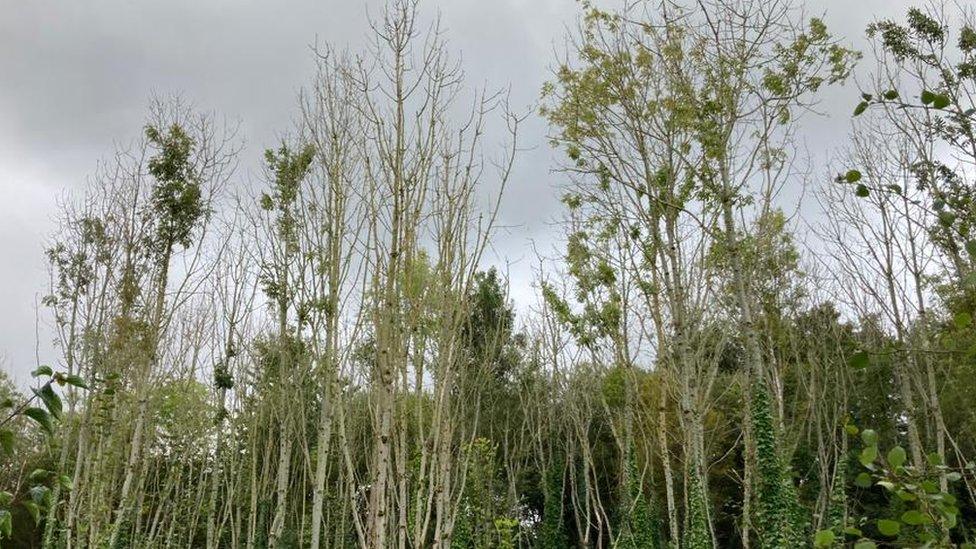
- Published8 March 2024
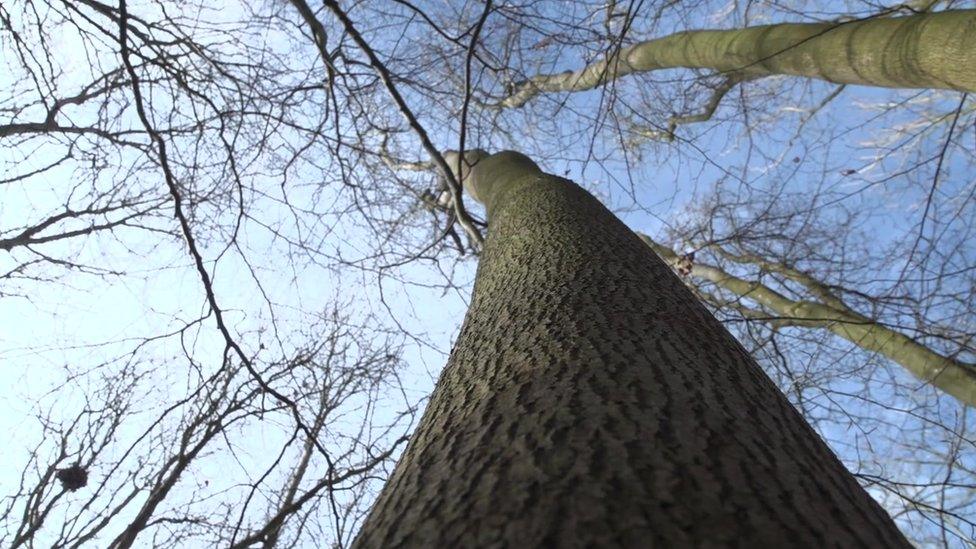
- Published22 March 2024
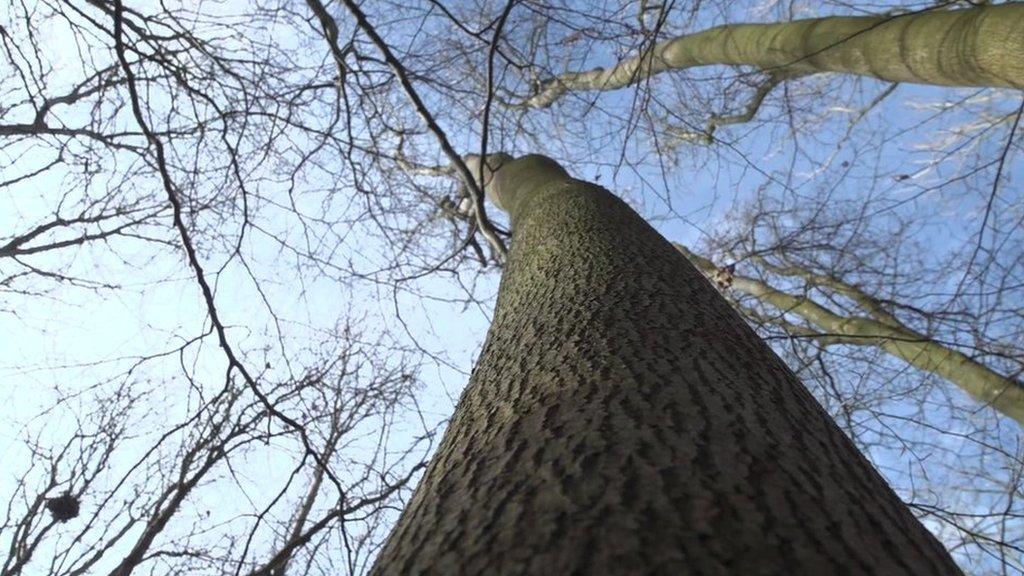
- Published28 January 2024
